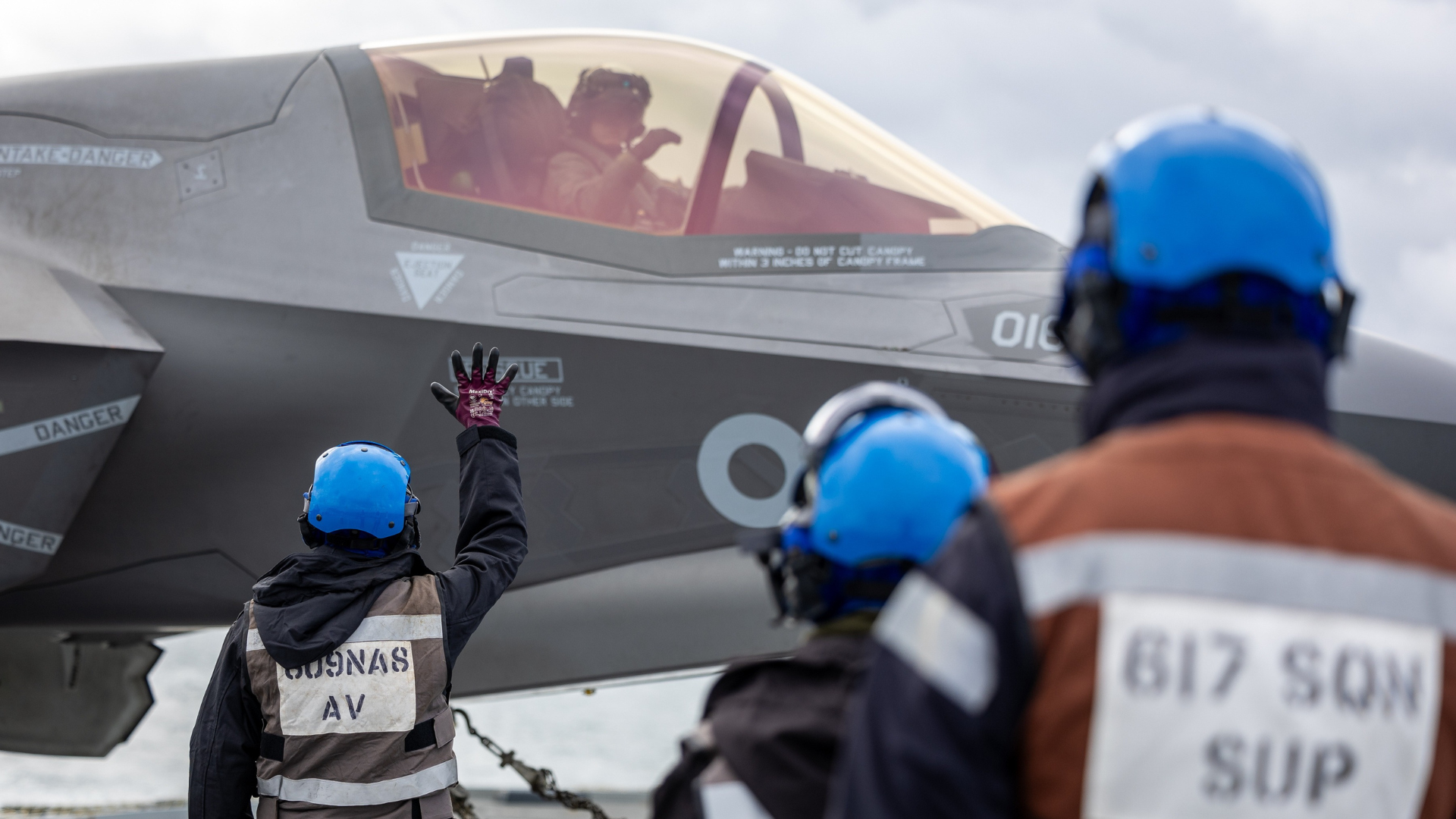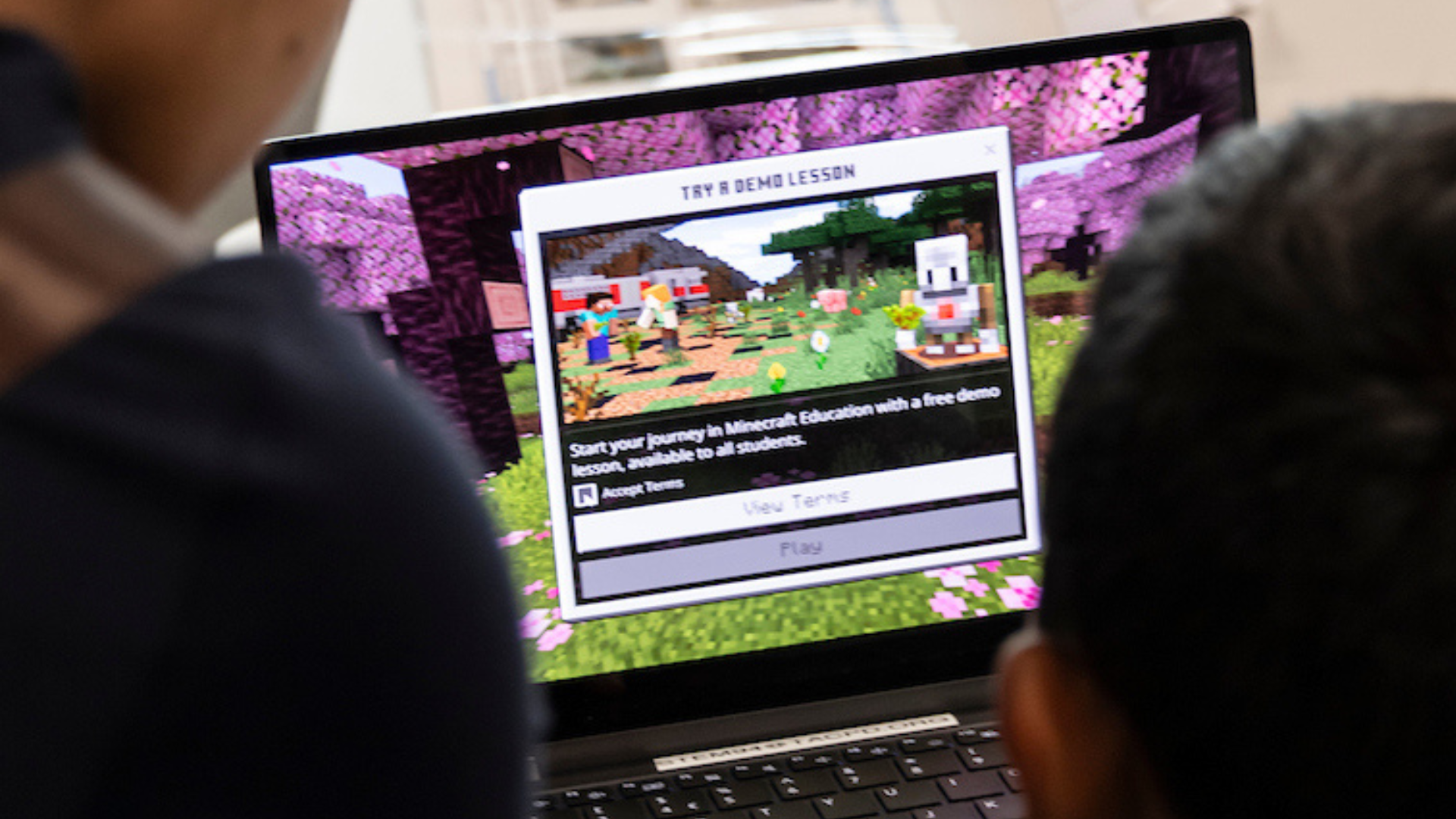
2015 has seen spaceflight propelled into the spotlight – the news today that SpaceX managed to land a booster rocket back on earth after deploying satellites follows a series of space announcements including Tim Peake’s launch to the International Space Station, the government’s first National Space Policy and the commitment in the SDSR to pursue innovative space technologies.
Earlier this year the UK Space Agency launched a National Strategy on Space Environments and Human Spaceflight. The vision of the Strategy is that “the UK will be a recognised and valued participant in human spaceflight and space environments research“. It is envisaged that such a commitment will:
- facilitate excellent science to underpin growth – both in the space sector and the wider economy
- encourage growth through innovation – helping the UK to remain globally competitive
- enabling growth through exports
- providing a unique context for education and growth
The UK’s space sector is both agile and innovative and such commitments from the government are vital to maintaining the UK’s reputation as a space nation. Human spaceflight will play an important part in the ambitious target to grow the space sector to over £40bn by 2030. Aside from the direct contribution to the UK economy, human spaceflight has a number of advantages:
- Human spaceflight advances scientific knowledge and technological capabilities. By exploiting the conditions in space, scientists are able to examine fundamental processes that Earth’s gravity usually disguises. These experiments help improve our life on earth by developing new theories and phenomena which apply particularly to areas such as medical science, communications and education.
- The opportunity to showcase leading UK science and technology. UK participation in spaceflight provides commercial opportunities for UK companies under a global spotlight. UK companies have the chance to deliver spaceflight infrastructure – providing export opportunities – as well as the ability of downstream sectors to participate in a vast range of research conducted in space.
- Spaceflight presents a unique chance to inspire people, particularly the young, into science. With a notable shortage of students studying STEM subjects, UK spaceflight gives students the chance to participate in science in an exciting and unusual way. Astro Pi is a great example of how UK school students could get involved with a space mission.
With such a fantastic year for the UK space sector, we hope that 2016 can build on these achievements.





